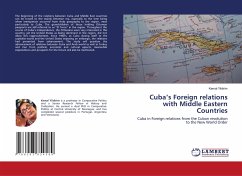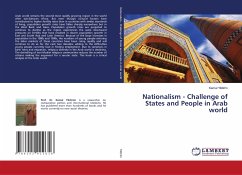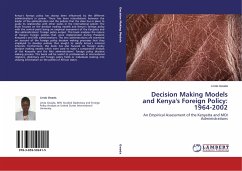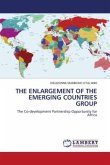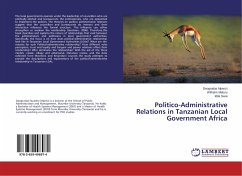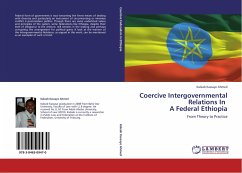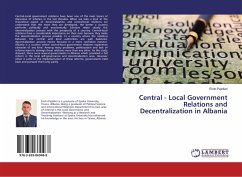The beginning of the relations between Cuba and Middle East countries can be traced to the mainly Ottoman era, especially to the time being when immigration occurred from Arab geography to the region, most particularly to Cuba. The grandchildren of those holding Ottoman passports are still referred to as "El Turco" in the region. Throughout the course of Cuba's independence, the Ottomans were very interested in this country, yet the United States as being dominant in the region, did not allow this rapprochement. Since 1960's, as Cuba closing itself to the capitalist world and the United States imposing an embargo, the relations had prevented from advancement. The study will question the advancement of relations between Cuba and Arab world as well as Turkey and Iran from political, economic and cultural aspects, meanwhile expectations and prospects for the future will also be mentioned.
Bitte wählen Sie Ihr Anliegen aus.
Rechnungen
Retourenschein anfordern
Bestellstatus
Storno

